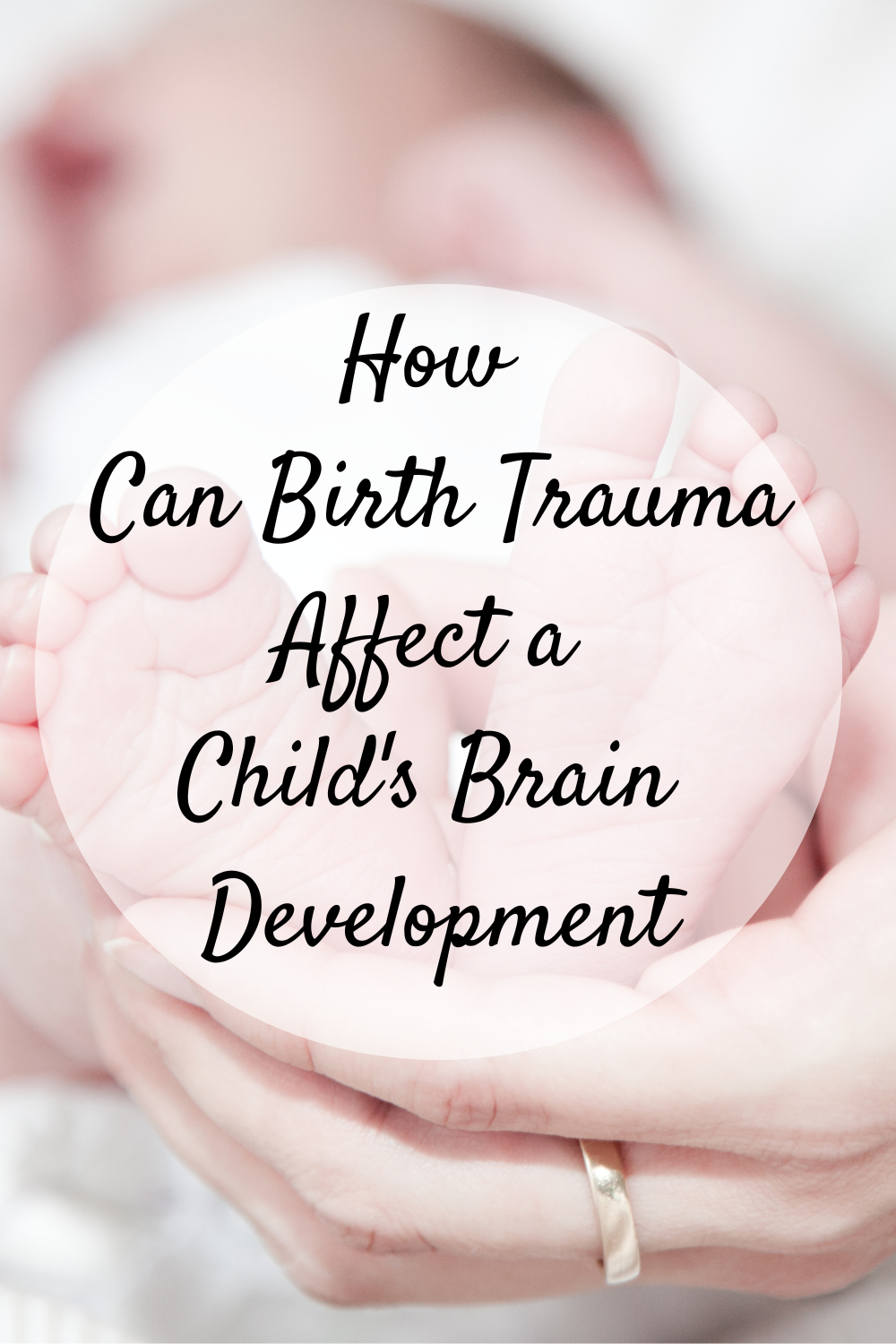

In the serene surroundings of Pennsylvania, where the echo of the Liberty Bell’s historical message of freedom once reverberated, many families face a starkly different battle: the unforeseen challenge of catastrophic birth injuries and their repercussions on a child’s brain development. This issue, both profound and unsettling, can shape the lives of the affected children and their families forever.
The question we gather around today is poignant: “How can birth trauma affect a child’s brain development?” At the heart of each case—whether it occurs in Philadelphia, Pittsburgh, or a smaller township like Doylestown—lies a unique story of an individual and a family grappling with unforeseen hurdles.
During birth, injuries such as oxygen deprivation or physical trauma can occur, leading to immediate distress and long-term developmental challenges for the child. This trauma can disrupt the normal development of the brain, which, during these critical moments, is particularly vulnerable. The effects might manifest as cognitive, behavioral, or physical disabilities, shaping the way a child learns, interacts, and grows.
Imagine a newborn, in its first cries, facing hurdles that no one anticipated. The silence in the room as parents await the first breath, the swift motions of healthcare providers—it’s a sensory overload marked by heartbeats that are felt more than heard, and the cold touch of medical equipment that sends shivers down the spine.
As these children grow, the implications of that initial trauma evolve. Parents may notice delayed milestones in speech, movement, or learning abilities. “It was around his first birthday that we realized he wasn’t babbling like other babies his age,” shared Sarah, a mother from Erie, whose son was affected by birth trauma. Such revelations are emotionally laden, filled with a mix of devotion and concern, as families like Sarah’s strive to support their child’s development.
Fortunately, the journey through the aftermath of birth trauma is not traversed alone. Various interventions can play a crucial role in mediating the effects of early brain injuries:
In Pennsylvania, the sense of community and access to specialized care stand as beacons of hope for affected families. Organizations and support groups provide not only practical advice but also a platform for sharing experiences that resonate deeply with those walking similar paths.
“It’s about knowing you’re not alone,” a father from Allentown expressed during a support group meeting, his words a balm to many in the room. This shared experience, coupled with professional medical and therapeutic interventions, paves a path toward potential and progress.
Understanding how birth trauma can affect a child’s brain development is not just a medical inquiry—it’s a pressing societal issue that touches the lives of many families in Pennsylvania. Amid the echoes of our historic state’s liberty, the call to action is clear: to provide understanding, support, and optimal care for our most vulnerable citizens from the very start of their lives. Every step taken to support these children in their developmental journey is a step towards fulfilling the promise of their inherent potential, echoing the values of strength and resilience that Pennsylvania holds dear.
In recent years, the rapid advancement of blockchain technology and the increasing popularity of cryptocurrency…
Imagine running a business where your office is anywhere with an internet connection, your team…
In an industry historically dominated by exclusive networks and privileged connections, Canary Wharfian has emerged…
From weatherproof TVs to premium audio, outdoor living is going high-tech across the metro area.…
Singapore, known for its vibrant culture, stunning architecture, and world-class attractions, is a top destination…
In the current world where time is of the essence, it should be easy and…
This website uses cookies.